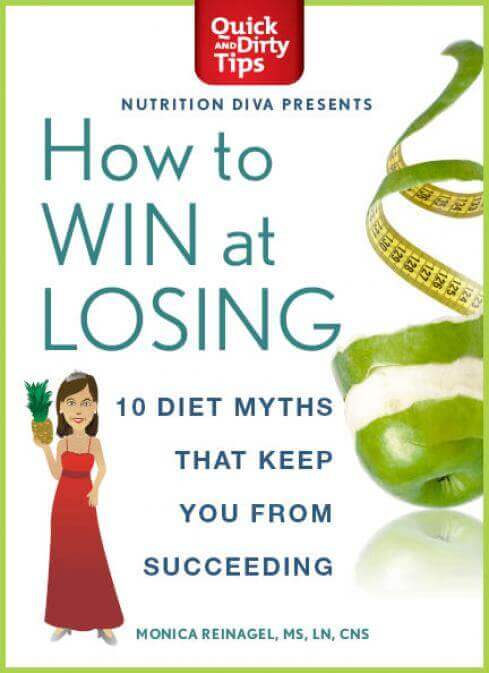Biggest Nutrition Traps, Part 3: Mean v. Extreme
When it comes to food, your best days and your worst days don’t matter nearly as much as your typical day.
In /health-fitness/healthy-eating/biggest-nutrition-traps-part-1-natural-v-healthy, I talked about the all-important difference between natural and healthy (we often make the mistake of thinking that something is good for you just because it’s all-natural or organic). /health-fitness/healthy-eating/biggest-nutrition-traps-part-2-quality-v-quantity, I talked about quality vs. quantity (even when a food is good for you, it doesn’t necessarily follow that you can eat as much of it as you want). And today, in the final installment, I want to talk about focusing on the average (or, mean) rather than the extremes in your diet.
The Thanksgiving Trap
A couple of weeks before Thanksgiving, a writer called to interview me for a piece she was doing. The average Thanksgiving dinner is said to contain 3,000 calories. Her story was on ways to burn 3,000 calories over the course of the Thanksgiving-day weekend, ostensibly neutralizing the effect of the big meal.
It was a cute idea (and ) but it’s a perfect example of how we tend to overestimate the impact of our most extreme behavior and underestimate the importance of our typical behavior. Obviously, a single day of over-indulging is not going to make you fat, any more than a single hyper-active weekend is going to keep you slim. How much you eat and exercise on all the rest of the days of the year is what’s really going to determine your size and shape.
The Sin and Repent Cycle
We seem to be wired to pay more attention to the exception rather than the norm. If we’ve been really “bad,” our impulse is to make up for it by being really “good” for a day or two. But in reality, it’s not our worst days or our best days that tell the story. It’s not the day that our team wins the Superbowl and we celebrate by polishing off an entire tray of nachos. Nor is it the next day, when we do penance by eating nothing but cabbage broth. It’s all the days in between.
Think of it like a grade point average. Getting an A is great. So is going an entire week without French fries. But a single A has a relatively minor impact on a solid C average. And a single French-fry-less week doesn’t do too much to offset the effects of eating French fries the other 51 weeks of the year. Your grade point average would be higher if you focused on getting all Bs—even if you never got a single A. And you’d be better off nutritionally if you cut your French fries consumption in half over the course of the entire year than if you cut them out entirely for a single week.
Focus on the Mean, Not the Extreme
In other words, small positive changes that become a permanent part of your routine have a much bigger impact than big dramatic gestures that last only a few days. So don’t waste too much energy fretting over a particularly bad choice you may have made—and don’t exhaust your willpower on an extreme but short-term correction. Focus instead on improving your nutritional grade point average by making your typical day a little healthier. For some suggestions on small changes that make a big difference, see my episode on /health-fitness/healthy-eating/how-to-lose-weight-without-dieting or the one on /health-fitness/healthy-eating/4-secrets-to-keeping-your-new-years-resolution

Both are available in ebook and audiobook formats for just $2.99 each!



